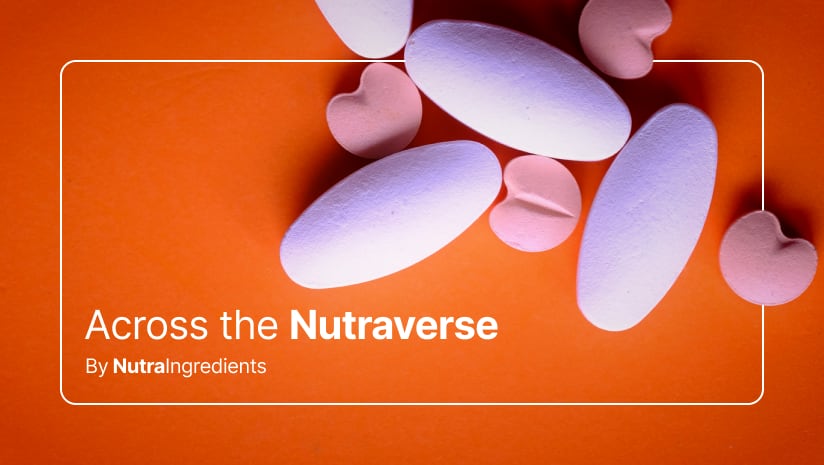Last week’s big news included Haleon’s H1 results and new product launches for lower income consumers, findings from the 5th Annual State of Menopause study and South Korea’s Ministry of Food and Drug Safety considers hydrolyzed milk protein for sleep.
Haleon eyes growth opportunities in lower income markets
UK-headquartered multinational Haleon is banking on growth opportunities in lower income consumer segments, such as India and the Philippines, amid ongoing headwinds in the U.S. market.
During its recent FY25 first half results presentation, the company said it has a “strong forward pipeline” of lower income offerings for the next 24 months.
The increased focus on lower-income consumer segments comes as the U.S. market faces difficulties, with the company pointing to a challenging market environment and declining foot traffic in pharmacy channels. Asia-Pacific and Europe, on the other hand, remained resilient.
Haleon CEO Brian McNamara said there would be more products launched in the next two years for lower income consumers.
“We’re also innovating to develop new and more tailored offerings for lower income consumers. In April, we launched Centrum Recharge in India. This new product taps into the need for affordable multivitamins that focuses on energy and are priced at Rs10 (US$0.17).
“Consumer feedback has been strong,” McNamara said. “In the Philippines, we’re focusing on the wellbeing of children in lower income families through Centrum Kids, cementing Centrum’s number one position in the country.”
New menopause report highlights miseducation, lack of support, opportunities
The 5th Annual State of Menopause study from Bonafide Health found that many perimenopausal women were left feeling misunderstood, misdiagnosed and unclear about her options.
The women’s healthcare company, which was acquired by Pharmavite in November 2023, runs the survey to track longitudinal shifts in perceptions surrounding menopause, informing how women are experiencing and navigating perimenopause and menopause.
This year’s survey included 2,040 women in the United States between the ages of 40 and 64 and experiencing key perimenopause and menopause symptoms. The big takeaway? Perimenopause may be the most misunderstood health transition.
“Unlike puberty or pregnancy, which come with classes, conversations and some sense of what to expect, there’s no roadmap for menopause,” Kate Jamieson, vice president of marketing and ecommerce at Bonafide, told NutraIngredients. “Most doctors get very little training on it, and symptoms show up differently for everyone, making it hard to even recognize what’s going on.
“When perimenopause starts, there’s no test or standard to compare yourself to. Many women are left questioning whether what they’re feeling is hormonal or just ‘normal’ life stress. Layer in social stigma and online misinformation, and it’s no wonder perimenopause is often misunderstood, misdiagnosed and dismissed.”
A few key takeaways
31% of respondents say they didn’t treat their symptoms sooner because they didn’t know about trusted treatment options
34% of respondents avoiding Menopausal Hormone Therapy (MHT) for non-monetary reasons want to try natural management options before hormones
66% of women are more likely to purchase from brands that are backed by research
72% of respondents would more likely try treatments if more clinically-backed options were available without a prescription at retailers like Target or CVS
12% of employed respondents report that their employer offers accommodations for their symptoms (up 4 percentage points from 2024)
South Korea explores hydrolyzed milk protein for sleep
South Korea’s Ministry of Food and Drug Safety (MFDS) is considering the approval of hydrolyzed milk protein as an ingredient for improving sleep quality.
Currently, hydrolyzed milk protein can only be used in health functional foods on an individual approval basis in South Korea. As such, only businesses that have submitted safety and functionality data are subsequently recognized by the regulator and can manufacture health functional foods containing hydrolyzed milk protein.
The products approved so far are allowed to make the claim “may help relieve stress-related tension.”
The MFDS announced that it planned to add hydrolyzed milk protein into the list of raw materials that can be used to manufacture health functional foods.
Products containing the ingredient can also make the claim “may help relieve stress-related tension and improve sleep quality.”
This allows manufacturers to use the ingredient at a specified amount to be determined later and make the above claim without having to go through the approval process.




